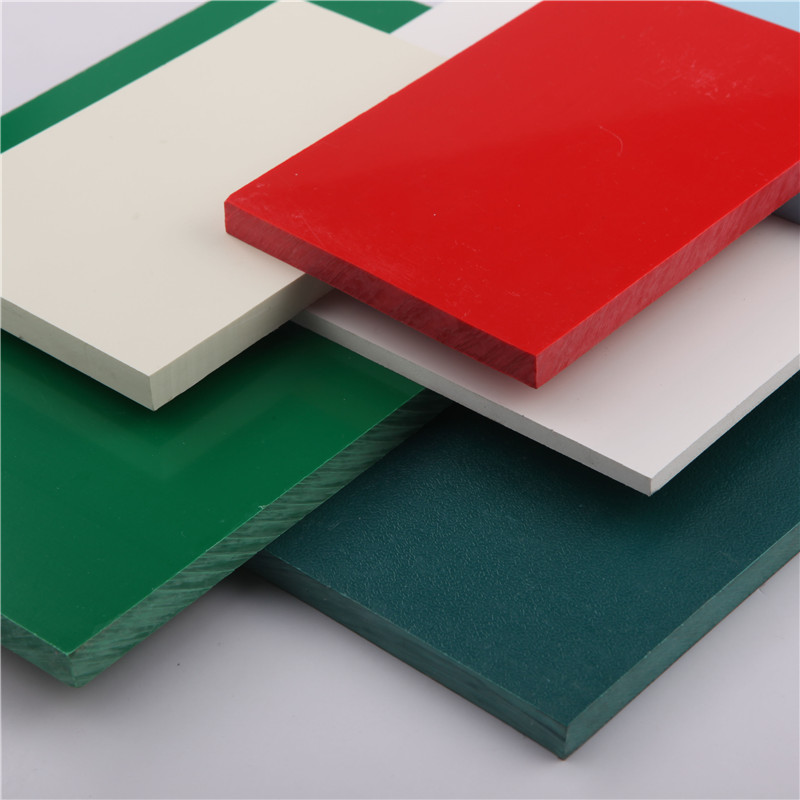Sep . 26, 2024 09:29 Back to list
pvc hose pipe
Understanding PVC Hose Pipes Versatility and Applications
PVC, or polyvinyl chloride, is a widely used synthetic plastic polymer that has gained significant popularity in various industries due to its durability, flexibility, and cost-effectiveness. Among its many applications, PVC hose pipes are particularly valued for their versatility and multifunctional capabilities. This article delves into the characteristics, benefits, and uses of PVC hose pipes in different sectors.
Characteristics of PVC Hose Pipes
PVC hose pipes are made from PVC resin, which can be formulated to enhance specific properties. These hoses are available in a variety of sizes, lengths, and colors, making them suitable for numerous applications. Some key characteristics of PVC hose pipes include
1. Flexibility and Lightweight PVC hose pipes are flexible yet strong, allowing them to bend without breaking. Their lightweight nature makes them easy to handle and transport.
2. Chemical Resistance PVC is resistant to many chemicals, which means that these hoses can safely transport a variety of liquids, including water, chemicals, and even some oils.
3. Weather Resistance PVC hose pipes can withstand exposure to sunlight and harsh weather conditions, making them ideal for outdoor applications.
4. Low Cost and Accessibility Compared to hoses made from other materials, PVC hoses are relatively inexpensive and widely available, making them an excellent choice for both commercial and residential use.
Benefits of Using PVC Hose Pipes
The use of PVC hose pipes comes with several advantages
1. Durability These hoses have a long service life, which reduces the need for frequent replacements, thereby saving costs over time.
2. Ease of Installation PVC hose pipes can be easily connected and installed with standard fittings, making them user-friendly for both DIY enthusiasts and professionals.
pvc hose pipe

3. Customizable PVC hoses can be manufactured to meet specific requirements, such as certain diameters, lengths, or special reinforcements, to cater to unique applications.
4. Hygienic Properties PVC is non-toxic and can be an excellent choice for applications requiring clean and safe transportation of fluids, such as in the food and beverage industry.
Applications of PVC Hose Pipes
PVC hose pipes are used in various sectors, including
1. Agriculture They are widely used for irrigation systems, helping to distribute water efficiently to crops.
2. Construction In the construction industry, PVC hoses are used for pumping water, transferring concrete, and in other applications where fluid transport is necessary.
3. Domestic Use Homeowners often use PVC hoses for gardening, watering plants, washing cars, and even for aquariums.
4. Industrial Applications PVC hose pipes are utilized in various industrial applications, including the transport of chemicals and other liquids, making them essential in manufacturing processes.
5. Medical Applications Certain types of PVC hoses are used in medical devices due to their lightweight and flexible properties.
Conclusion
In conclusion, PVC hose pipes are an indispensable component in many applications due to their flexibility, durability, and cost-effectiveness. From agriculture to industrial use, the versatility of PVC hoses makes them a popular choice across various sectors. As industries evolve, the demand for high-quality PVC hose pipes continues to rise, ensuring their place in modern society's infrastructure and day-to-day operations.
-
High-Quality PPR Pipes and Fittings Durable ERA PPR & PVC PPR Solutions
NewsJul.08,2025
-
Black HDPE Cutting Board - Durable, Non-Porous & Food Safe HDPE Plastic Cutting Board
NewsJul.08,2025
-
High-Quality CPVC Panel Durable HDPE & PVC Panels Supplier
NewsJul.08,2025
-
Double PE Welding Rod Supplier - High Strength, Durable & Versatile Welding Solutions
NewsJul.07,2025
-
High-Quality PVC-O Pipe Supplier Durable 75mm PVC Pipe & Connections Leading PVC Pipe Company
NewsJul.07,2025
-
HDPE Drainage Pipe Supplier – Durable & Corrosion-Resistant Solutions
NewsJul.06,2025

